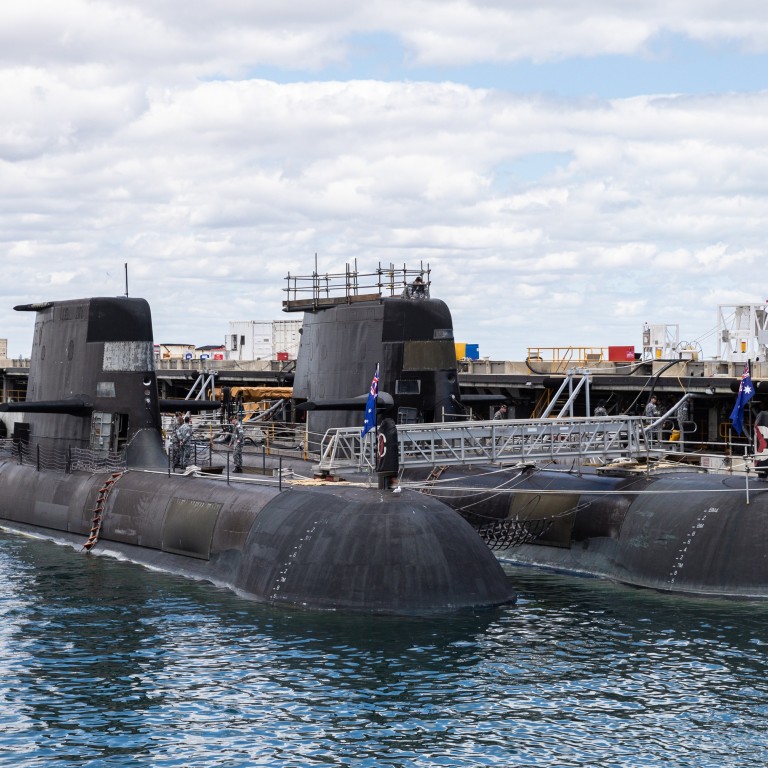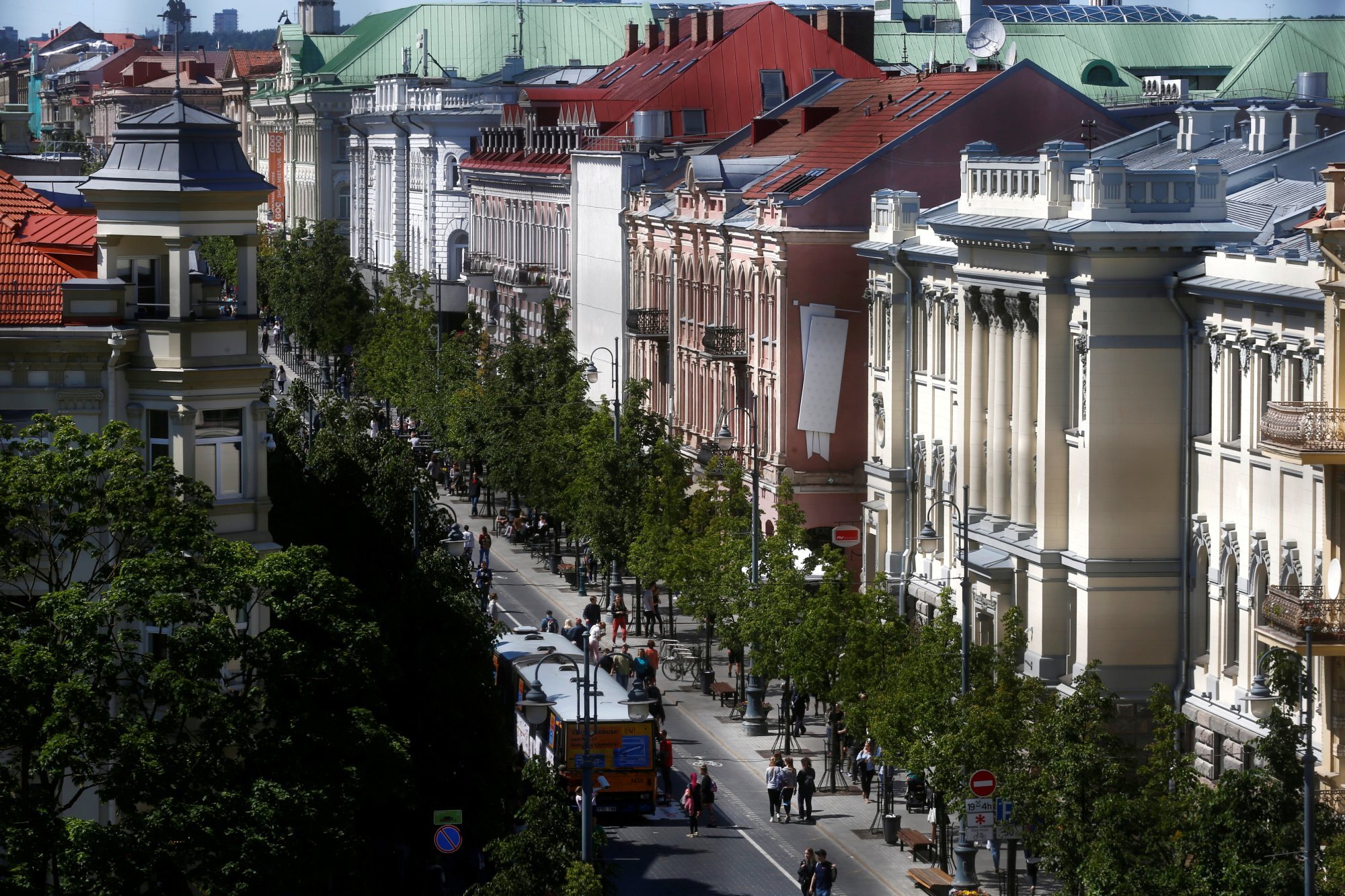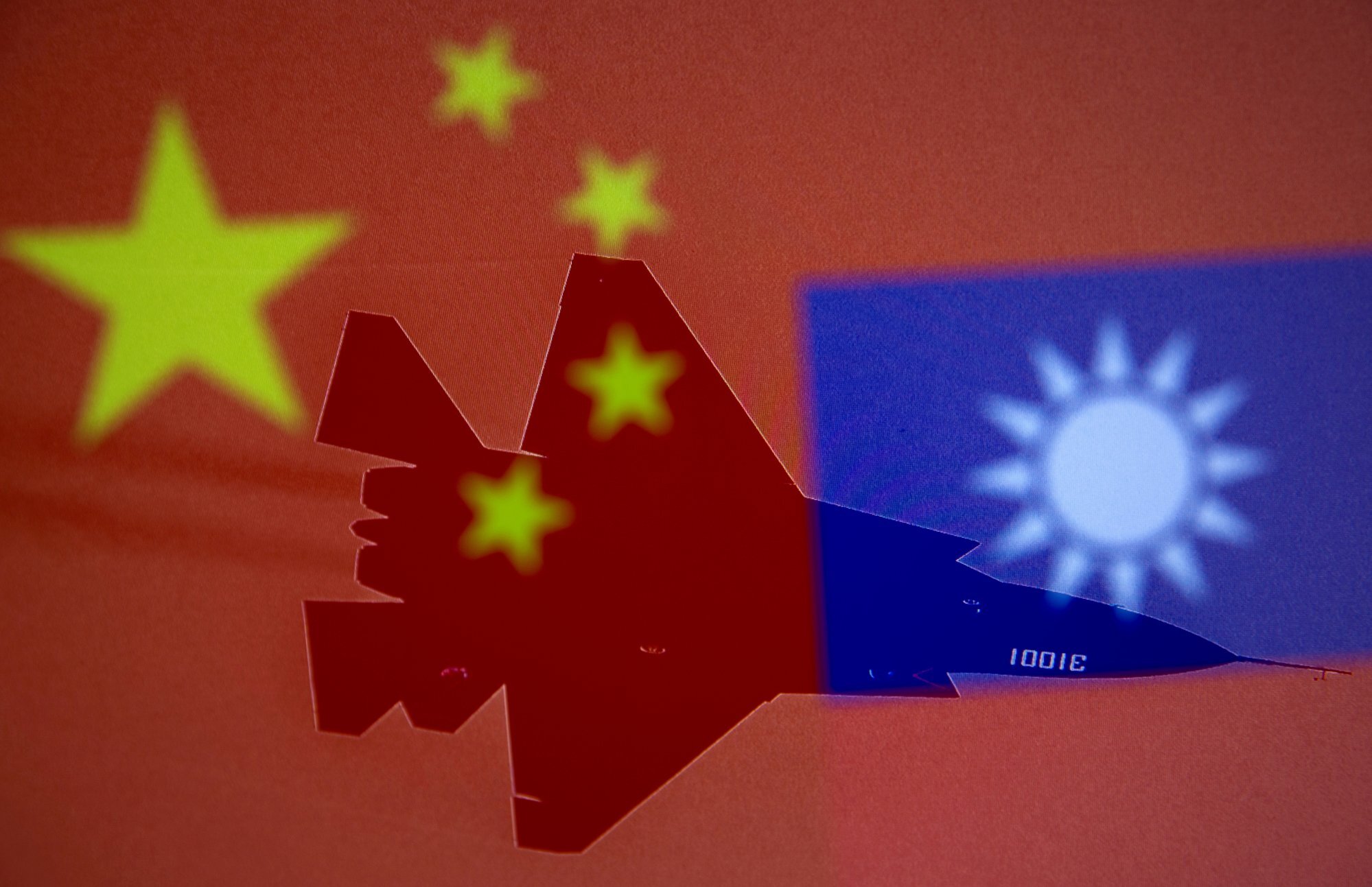
France to deepen ties with Asia after losing ‘privileged’ partnership with Australia in Aukus snub, diplomat says
- The US-UK-Australia pact has encouraged Paris to engage with India and Japan ‘even more’, Christophe Penot says
- China’s growing assertiveness and rivalry with US are challenges, he says, adding France will ‘support’ Lithuania, which has clashed with Beijing on Taiwan
How will Aukus shape Asean’s South China Sea talks with Beijing?
The three-way Aukus deal, which saw Australia withdrawing from a submarine deal with France, had drawn considerable outcry from Paris, with Penot describing it as “clumsy” and saying it possibly gave the impression that there were disagreements within the alliance of Western countries.

Lithuania issue
The Aukus alliance largely dominated the 40-minute discussion, though Penot, who was formerly the French envoy to Australia, also briefly touched on the worsening China-Lithuania relationship.
China has piled economic sanctions on Lithuania after it accepted Taiwan’s offer to open a new diplomatic office in Vilnius last month.
The Baltic country on Monday called for the European Union to intervene, warning that Beijing’s moves could hurt the bloc’s trade.
Lithuania has their own policy. They are a sovereign state … so they must be able to do what they think they should do
Penot would say only that France was in talks with Lithuania and that it was concerned with the situation. “We will support them. They are part of the EU and they are not unreasonable,” he said.
“Lithuania has their own policy. They are a sovereign state … so they must be able to do what they think they should do.”
Lithuania this year pulled out of the China-led 17+1 bloc – under which Beijing engages with Central and Eastern European countries – and has instead called for a 27+1 format. On that, Penot suggested that countries were “not very comfortable” with the idea of dividing EU countries into different groups.

China, he added, had emerged as a competitor on the economic and technological front and that came with consequences that the EU had to be “vigilant” about. “We consider that the vision of international order that we promote is not the same as the vision of the world order that China has,” Penot said.
He noted that even as the “systemic rivalry” had grown more prominent in recent years, the EU still believed in its interactions with China. “We do believe that it’s necessary to engage and we can have good results in engaging China,” he said.

